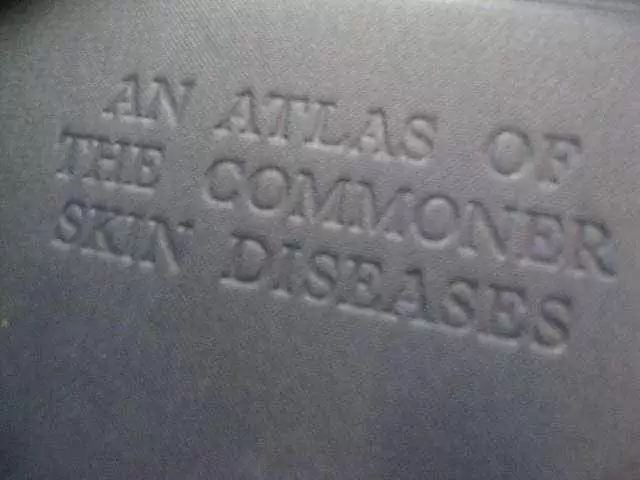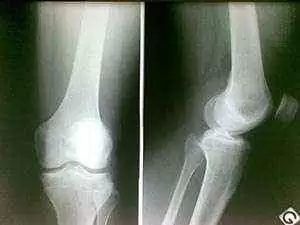Gluten intolerance often presents itself in ways unexpected, including several common skin conditions. Ranging in severity from dermatitis herpetiformis to dry skin, avoiding gluten may have more to do with your plaguing skin concerns than you imagined.
Here are some common dermatological concerns associated with celiac disease:
- Dermatitits Herpetiformis—This painful, blistery condition can be very stressful, especially when misdiagnosed. An inflamed, itchy rash, dermatitis herpetiformis begins as tiny white filled blisters or red spots around hair follicles. Trying to hide or disguise DH, as well as trying to treat it when misdiagnosed can be incredibly stressful for a person.
- Eczema—Eating a gluten-free diet is becoming an increasingly popular mode of treatment for eczema. Those who are gluten intolerant also tend to have more advanced psoriasis.Psoriasis—Like eczema, psoriasis has in many cases shown improvement when the person is put on a gluten free diet. In Scott Adams’ 2004 article, he also mentioned that psoriasis in those with celiac tends to be more severe.
- Acne—Links between celiac and malabsorption, as well as hormonal upset can contribute to a greater production of acne. Many birth control pills boast promises of clearer skin, their method is through hormone manipulation. Because many who suffer from gluten intolerance also experience a disruption of normal hormone function, this disharmony can lead to problems with acne.
- Dry Skin—Also correlated to malabsorption, dry skin is a very common complaint amongst those with celiac. But this condition is one that many people see even after the prescribed treatment of a gluten free diet. Why? Vitamin E rich grains are vital to maintaining skin harmony, but since many who are gluten intolerant begin avoiding grains completely—even those grains that are gluten-free, getting that important Vitamin E in their diets can become a challenge.








Recommended Comments